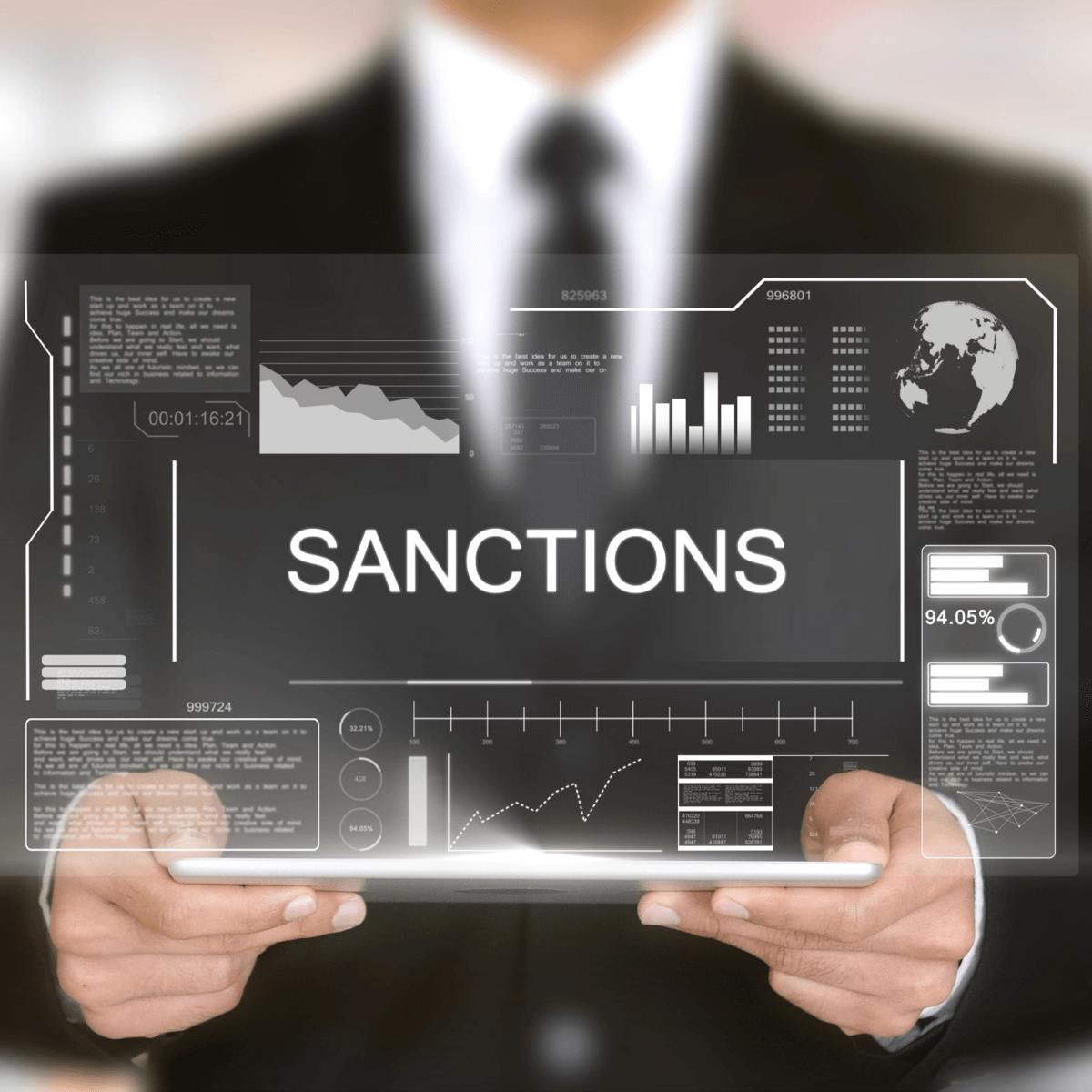Politically Exposed Persons (PEPs) are individuals who hold prominent public positions or have close associations with such individuals. Due to their influence, PEPs are considered high-risk clients in financial transactions. Ensuring compliance with Anti-Money Laundering (AML) regulations when dealing with PEPs is critical to avoid reputational and financial risks.
Who Are Politically Exposed Persons (PEPs)?
PEPs include individuals such as government officials, senior executives in state-owned enterprises, and high-ranking members of the armed forces. Close family members and associates of PEPs are also classified as high risk due to their proximity to power and potential exposure to corruption.
Get International PEPs with Red Flag Alert
AML Compliance Requirements for PEPs
- Enhanced Due Diligence (EDD): Conducting in-depth checks to verify the source of funds and identify potential risks.
- Ongoing Monitoring: Regularly reviewing financial activities to detect unusual or suspicious transactions.
- Risk Assessment: Evaluating the level of risk based on the PEP’s position, country, and associated entities.
How Red Flag Alert Can Help
Red Flag Alert offers tools to simplify AML compliance for businesses dealing with PEPs. Our platform provides real-time monitoring, detailed risk assessments, and advanced verification features to ensure regulatory compliance and protect your business.
Stay compliant and secure with Red Flag Alert’s PEP management solutions. Contact us today to learn more.
Get International PEPs with Red Flag Alert




